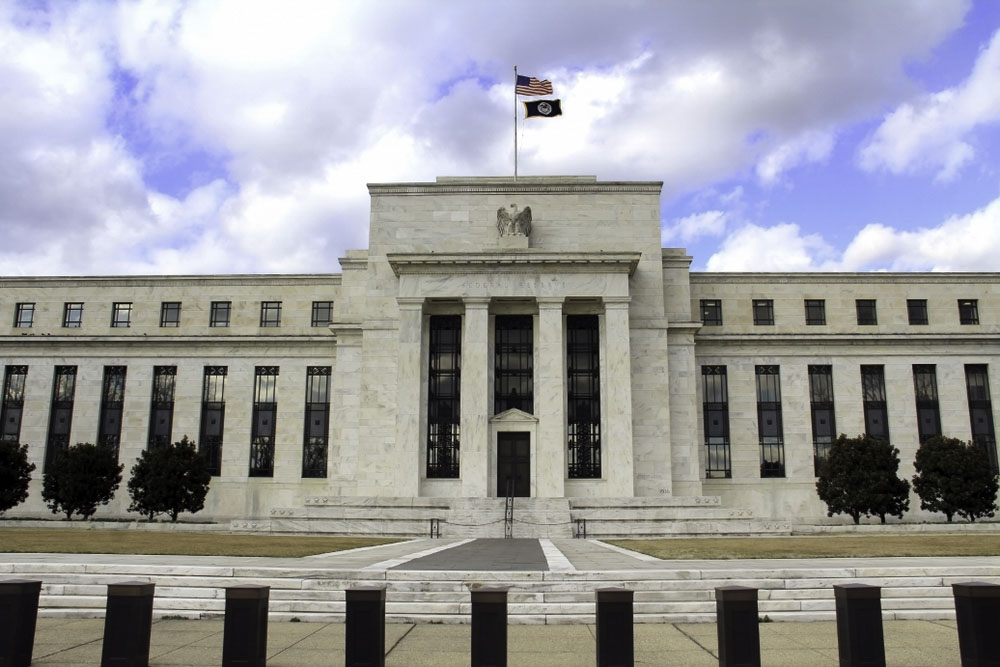By Joshua Han Miller

26 August 2019 - On July 31, the US Federal Reserve cut interest rates for the first time in more than a decade, citing muted inflation, concerns about the global growth and trade uncertainty. Given we have already been in a (very) low interest rate environment for a decade (since the 2008 GFC), will this rate cut affect the Hong Kong real estate market?
The widely expected 0.25% rate cut to a range of 2.0-2.25% marks the end (or a pause in) of a U.S. interest rate upcycle that began in December 2015. Although the Fed considers it as a “preventive” measure to avoid a global economic downturn in the backdrop of the US-China trade war, the market is focusing on how long the rate cut cycle will last, and whether the U.S. will return to a zero interest rate environment. Given the likely need for economic stimulus in the face of prolonged trade tensions, we believe that a low interest rate environment will remain for some time.
From a short-term perspective, a single rate cut from the Fed will only have a minor effect on the Hong Kong's property market. It may improve some buyers' confidence on the margin but is not substantial enough to overcome concerns over a trade war or Hong Kong’s future in light of the recent protests.
If however this marks the beginning of further rate cuts, an easing of monetary policy supports higher asset prices, which in turn may support further upside to Hong Kong's housing market.

Lending and Rates in Hong Kong
As Hong Kong dollar remains pegged to the US dollar, the Hong Kong Monetary Authority (HKMA) runs its monetary policy in sync with the Fed. However, commercial banks in Hong Kong are likely to maintain a cautious approach in their liquidity management, so it is not a certainty that they will all follow the HKMA and lower their best lending rates.
Indeed, the Fed raised rates nine times between December 2015 and December 2018, but the prime lending rate in Hong Kong was only increased once in September 2018, by 0.125%. Regardless of how long this U.S. rate cut lasts, it is the general belief that the prime rate in Hong Kong will only be reduced marginally, if at all (perhaps by 0.125 %). Therefore, this Fed rate cut shouldn’t be seen as a major stimulus for property owners in Hong Kong.
Loose Monetary Policy Favors Asset Prices
Led by the Fed’s more dovish monetary policy stance, a number of the world’s central banks are ready to lower interest rates or have already done so. Apart from the Fed, 19 central banks have cut rates in recent months, including India and Thailand reducing rates unexpectedly in early August, as well as New Zealand, which surprised the market with a more-than-expected cut. Many economists expect that the European Central Bank will soon follow in the Fed's footsteps and reduce interest rates.
A loose monetary policy worldwide creates increased liquidity which, in turn, would see greater inflow into the asset market. The lower interest rates are, the more people are interested to borrow money for large investments such as purchasing houses and cars, stimulating improved market confidence and positive effects to the economy as a whole. When this occurs on a global scale (as it has over the last decade), Hong Kong and other financial centers benefit the most, with greater capital inflows supporting higher asset markets including property.

Current Interest Rate Levels - No Direct Danger to Property Prices
Eventually, all cycles come to an end. This implies that even if interest rates are brought to lower levels, they will eventually rise in the future. However, rising interest rates are not as worrying as many people think, unless inflation is out of control or the economy is overheated. Historically, in fact, interest rates and property prices are only somewhat negatively correlated. For example, as the U.S. increased rates during 2015-2017, Hong Kong property prices continued to rise to record highs, driven by optimism about the economic recovery.
The first stage of a cyclical interest rate increase is driven by a recovering, growing economy, and it’s only when the interest rates approach high levels of ~7%+ (signaling an overheating economy) that property mortgage costs start to become prohibitive, with prices suffering as a result of high borrowing costs.
At present, Hong Kong's mortgage interest rates range between 2-3%, far below danger levels, and the U.S. interest rate cut will further mute inflation pressures, providing support for the Hong Kong property market.

HK Property Market Fundamentals are Still Solid
The U.S. interest rate cut proves that in the face of global economic concerns, the world’s largest central bank still has the policy tools at its discretion. Naturally, in addition to interest rates, there are many factors that affect property prices, such as market sentiment and expectations of Hong Kong’s economic future. Most importantly, demand for property in HK still far exceeds supply (and potential growth in supply) and Hong Kong will still benefit from broad growth in the Asia region.
The recent social unrest in Hong Kong has of course made people concerned about the property market. We recently published article discussing this issue and the reasons why we believe the property market remains sound. The US-China trade war is arguably a greater threat to Hong Kong’s property markets as we outlined in another article here. But assuming the recent domestic tensions ease and that the trade war doesn’t escalate to crisis levels, property market activity is likely to rebound quickly as it has done in the past.






